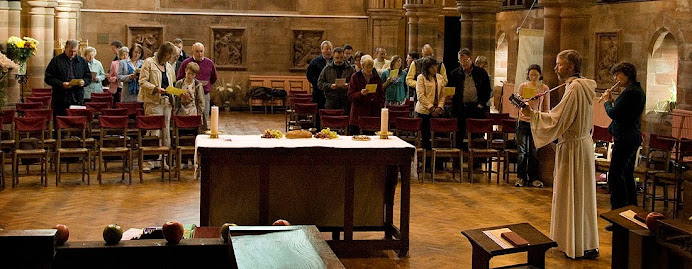Exodus 1, Psalm 124, Romans 12, Matthew 16
In the first chapter of Exodus, we hear of an oppressed people and one family’s risky, but ultimately successful way of coping with their situation. It isn’t planned as any more than the saving of one life, but it is the back-story to the liberation of an entire nation.
We could spend hours discussing the extent to which this foundation myth of Israel is genuinely historical, but the vital point is the perception of an entire people that their existence was hanging by a thread.
The gospel reading also talks about foundations, describing Peter as a rock. We know the rest of the story well enough to be aware that he could be a rather rocky rock, but there it is: our foundations are laid by Christ on a fallible human being.
The message seems to be that our security as the people of God will always be liberally mixed with insecurity: everything could fall apart, and nothing at all is guaranteed except by the grace of God. The great thing about Jesus’ words to Peter is that he recognised this and still said it. The great thing about Peter’s response is that he knew it, but never gave up.
